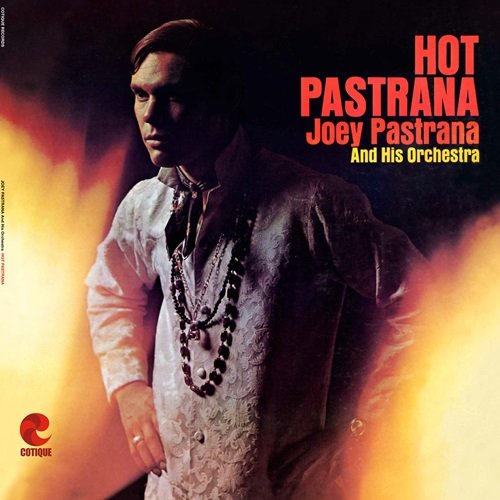Roberto Alagna - Robertissimo (2013)
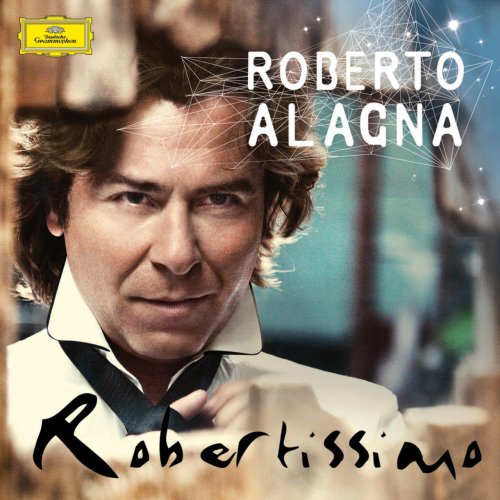
Artist: Roberto Alagna
Title: Robertissimo
Year Of Release: 2013
Label: Deutsche Grammophon
Genre: Classical, Vocal
Quality: FLAC (tracks)
Total Time: 02:10:04
Total Size: 695 Mb
WebSite: Album Preview
Tracklist: Title: Robertissimo
Year Of Release: 2013
Label: Deutsche Grammophon
Genre: Classical, Vocal
Quality: FLAC (tracks)
Total Time: 02:10:04
Total Size: 695 Mb
WebSite: Album Preview
CD 1:
1. Shostakovich: La Valse De L'Espérance
de Roberto Alagna & Yvan Cassar & Paris Symphonic Orchestra & Nicolas Montazaud & Samuel Domergue & Laurent Vernerey & Pedro Javier Gonzalez & Lionel Suarez & Christophe Bruckert
2. F. Alagna: Cantu
de Roberto Alagna & Yvan Cassar & Paris Symphonic Orchestra & Nicolas Montazaud & Laurent Vernerey & Pedro Javier Gonzalez & Robert Legall
3. Traditional: Abballati
de Roberto Alagna & Yvan Cassar & Paris Symphony Orchestra
4. Rota: Parla piu piano (Thème du Parrain)
de Roberto Alagna & Yvan Cassar & Paris Symphony Orchestra
5. Traditional: Ciuri, Ciuri
de Roberto Alagna & Yvan Cassar & Paris Symphony Orchestra
6. Lara: Piensa en mi
de Roberto Alagna & Yvan Cassar & Paris Symphonic Orchestra
7. Farrés: Quizas, Quizas, Quizas
de Roberto Alagna & Yvan Cassar & Paris Symphonic Orchestra
8. Velazquez: Besame mucho como si fuera - Besame mucho como si fuera
de Roberto Alagna & Yvan Cassar & Paris Symphonic Orchestra
9. Matos Rodriguez: La Cumparsita
de Roberto Alagna & Yvan Cassar & Paris Symphony Orchestra
10. Amour Et Printemps
de Roberto Alagna & Yvan Cassar & Laurent Vernerey & Lionel Suarez & Christophe Bruckert & Alain Billard
11. Lopez: La Belle De Cadix (Album Version)
de Roberto Alagna & Yvan Cassar & Paris Symphony Orchestra
12. Lopez: Rossignol De Mes Amours (Album Version)
de Roberto Alagna & Yvan Cassar & Paris Symphony Orchestra
13. Lopez: L'Amour Est Un Bouquet De Violettes (Album Version)
de Roberto Alagna & Yvan Cassar & Paris Symphony Orchestra
14. Lopez: México (Version Mariachi)
de Roberto Alagna & Yvan Cassar & Paris Symphony Orchestra
15. Hossein: Si loin de vous
de Roberto Alagna & Thomas Sondergard & Orchestre Philharmonique De Monte Carlo & David Lefevre
CD 2:
1. Verdi: Rigoletto - La donna è mobile
de Roberto Alagna & Richard Armstrong & London Philharmonic Orchestra
2. Verdi: Il Trovatore / Act 3 - Di quella pira
de Roberto Alagna & Angela Gheorghiu & Claudio Abbado & Orchestre Philharmonique De Berlin & London Voices & Terry Edwards
3. Donizetti: L'elisir d'amore / Act 2 - Una furtiva lagrima
de Roberto Alagna & Evelino Pidò & London Philharmonic Orchestra
4. Donizetti: La Favorite / Act 4 - Ange si pur
de Roberto Alagna & London Philharmonic Orchestra & Evelino Pidò
5. Verdi: Aida / Act 1 - Se quel guerrier io fossi!
de Roberto Alagna & Claudio Abbado & Orchestre Philharmonique De Berlin
6. Verdi: Aida / Act 1 - Celeste Aida
de Roberto Alagna & Claudio Abbado & Orchestre Philharmonique De Berlin
7. Flotow: Martha - M'appari
de Roberto Alagna & London Philharmonic Orchestra & Richard Armstrong
8. Giordano: Fedora / Act 2 - "Amor ti vieta"
de Roberto Alagna & Orchestra of the Royal Opera House, Covent Garden & Mark Elder
9. Cilea: Adriana Lecouvreur / Act 1 - La dolcissima effigie sorridente
de Roberto Alagna & Orchestra of the Royal Opera House, Covent Garden & Mark Elder
10. Mascagni: Cavalleria rusticana - "Viva il vino spumeggiante"
de Roberto Alagna & Orchestra of the Royal Opera House, Covent Garden & Mark Elder & London Voices
11. Puccini: Turandot: Questa notte...Nessun dorma... O sole!
de Roberto Alagna & Orchestra of the Royal Opera House, Covent Garden & Mark Elder & London Voices
12. Bizet: Les pêcheurs de perles / Act 1 - À cette voix
de Roberto Alagna & Bertrand de Billy & Orchestra of the Royal Opera House, Covent Garden
13. Lalo: Le Roi d'Ys / Act 3 - Puisqu'on ne peut fléchir ces jalouses gardiennes - Vainement ma bien-aimée
de Roberto Alagna & Bertrand de Billy & Orchestra of the Royal Opera House, Covent Garden
14. Berlioz: La Damnation de Faust, Op.24 / Part 3 - Merci, doux crépuscule!
de Roberto Alagna & Bertrand de Billy & Orchestra of the Royal Opera House, Covent Garden
15. Massenet: Werther - Pourquoi me réveiller
de Roberto Alagna & London Philharmonic Orchestra & Richard Armstrong
16. Halévy: La Juive / Act 4 - Rachel, quand du Seigneur la grâce tutélaire
de Roberto Alagna & Orchestra of the Royal Opera House, Covent Garden & Bertrand de Billy
17. Bizet: Carmen - La fleur que tu m'avais jetée
de Roberto Alagna & London Philharmonic Orchestra & Richard Armstrong
18. Rabaud: Marouf - A travers le désert
de Roberto Alagna & London Philharmonic Orchestra & Richard Armstrong
19. Massenet: Le jongleur de Notre-Dame / Acte III - Scène 2
de Roberto Alagna & Enrique Diemecke & Orchestre National De Montpellier - L.R.
Born in France of Sicilian parents, Roberto Alagna studied music in Paris. He gained notoriety by winning first prize in the 1988 Luciano Pavarotti Competition and soon made his stage debut as Alfredo in La Traviata with the Glyndebourne Touring Opera Company, soon to be followed by debuts in Montpellier, Monte Carlo, and the Teatro alla Scala in Milan (also in La Traviata). His Teatro alla Scala debut came at the invitation of Riccardo Muti in a fabled production with Tiziana Fabbricini which was telecast. In 1990 he sang Rodolfo in Puccini's La Bohème -- a role that has become one of his most popular; it was also the role of his Covent Garden Opera debut in 1992 and his Metropolitan Opera debut in 1996. Another role which was very important during the early part of his career was the title role in Gounod's Romeo et Juliette, which he has sung with great success in Paris, London, and New York.
This role proved to be even more important for his personal life, as he met his second wife, Angela Gheorghiu, while they were performing this opera together. His first wife had died after a lengthy illness, and this new romance brought a renewed warmth and passion to his performances. Their performances of L'elisir d'amore, La Bohème, and Werther are greatly admired, and together the two became one of opera's few genuine double attractions, but separated for a period beginning in 2009 and eventually divorced in 2013. He then began a relationship with soprano Aleksandra Kurzak, marrying her in 2015, and again becoming part of a coupled attaction on stage and recordings.
Alagna is known to introduce acrobatic tricks into productions of L'elisir d'amore which few other tenors would attempt. His appearances in 1996 at the Theatre-Chatelet Paris and Covent Garden Opera, London, as Don Carlo in the original French version of Verdi's opera has helped bring the French edition back to the fore. Other operas which have proved successful for Alagna are Rigoletto, Macbeth, Lucia di Lammermoor, Roberto Devereux, L'amico Fritz, Carmen, and La Rondine.
Alagna is a self-taught tenor who learned his craft by listening to recordings to pick up ideas and find those that work for him. He usually mentions two of his predecessors when asked whose recordings were most influential; these are Beniamino Gigli and Nicolai Gedda. He feels his voice is like Gedda's in its brightness and timber. His recordings of La Bohème on Decca and Romeo et Juliette on EMI display some attempts at the vocal refinements which characterized Gedda's singing. Alagna's willingness to step beyond the standard score is displayed in the use of an alternative version of "Una furtiva lágrima" in his London recording of L'elisir d'amore, using the new critical edition of La Bohème in the Decca recording with Chailly, as well as singing the original French version of Don Carlo. His voice is a very fine lyric tenor with a bright and ringing upper register, but when it is put under pressure it tends to turn harsh. With the assumption on stage and on recording of Verdi's Don Carlo and both Werther and Manon of Massenet, Alagna moved into more dramatic roles, and in his recordings of the early 2000s he moved easily around the heart of the operatic repertory.
This role proved to be even more important for his personal life, as he met his second wife, Angela Gheorghiu, while they were performing this opera together. His first wife had died after a lengthy illness, and this new romance brought a renewed warmth and passion to his performances. Their performances of L'elisir d'amore, La Bohème, and Werther are greatly admired, and together the two became one of opera's few genuine double attractions, but separated for a period beginning in 2009 and eventually divorced in 2013. He then began a relationship with soprano Aleksandra Kurzak, marrying her in 2015, and again becoming part of a coupled attaction on stage and recordings.
Alagna is known to introduce acrobatic tricks into productions of L'elisir d'amore which few other tenors would attempt. His appearances in 1996 at the Theatre-Chatelet Paris and Covent Garden Opera, London, as Don Carlo in the original French version of Verdi's opera has helped bring the French edition back to the fore. Other operas which have proved successful for Alagna are Rigoletto, Macbeth, Lucia di Lammermoor, Roberto Devereux, L'amico Fritz, Carmen, and La Rondine.
Alagna is a self-taught tenor who learned his craft by listening to recordings to pick up ideas and find those that work for him. He usually mentions two of his predecessors when asked whose recordings were most influential; these are Beniamino Gigli and Nicolai Gedda. He feels his voice is like Gedda's in its brightness and timber. His recordings of La Bohème on Decca and Romeo et Juliette on EMI display some attempts at the vocal refinements which characterized Gedda's singing. Alagna's willingness to step beyond the standard score is displayed in the use of an alternative version of "Una furtiva lágrima" in his London recording of L'elisir d'amore, using the new critical edition of La Bohème in the Decca recording with Chailly, as well as singing the original French version of Don Carlo. His voice is a very fine lyric tenor with a bright and ringing upper register, but when it is put under pressure it tends to turn harsh. With the assumption on stage and on recording of Verdi's Don Carlo and both Werther and Manon of Massenet, Alagna moved into more dramatic roles, and in his recordings of the early 2000s he moved easily around the heart of the operatic repertory.
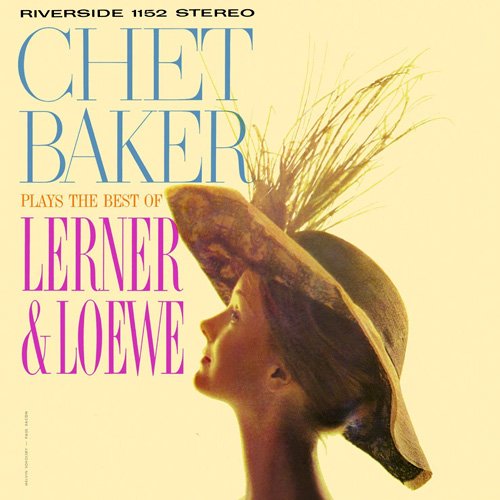
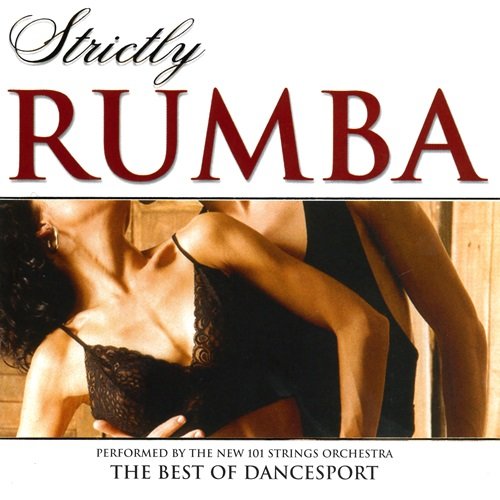
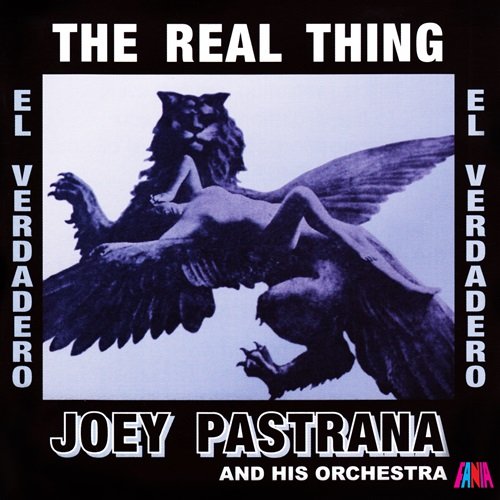
![Ablaye Cissoko, Kiya Tabassian, Constantinople - Estuaire (2026) [Hi-Res] Ablaye Cissoko, Kiya Tabassian, Constantinople - Estuaire (2026) [Hi-Res]](https://img.israbox.com/img/2026-02/05/bd2ycop79dvrdm4dy879uxato.jpg)
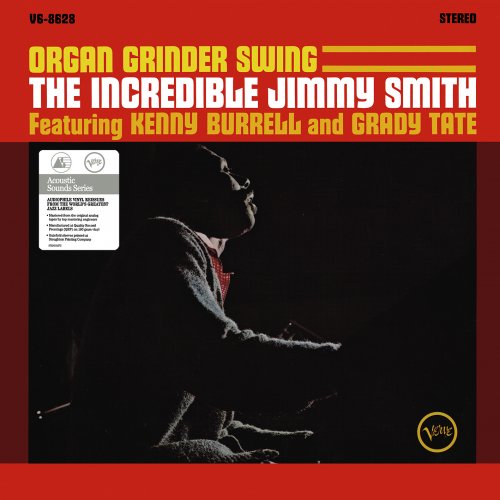
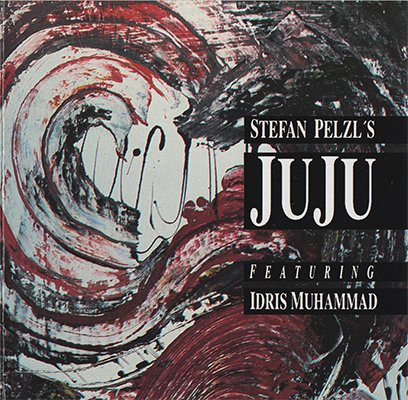

![Stanley Clarke - Live (1976-1977) [1991] Stanley Clarke - Live (1976-1977) [1991]](https://img.israbox.com/uploads/posts/2016-08/1472370785_folder.jpg)
